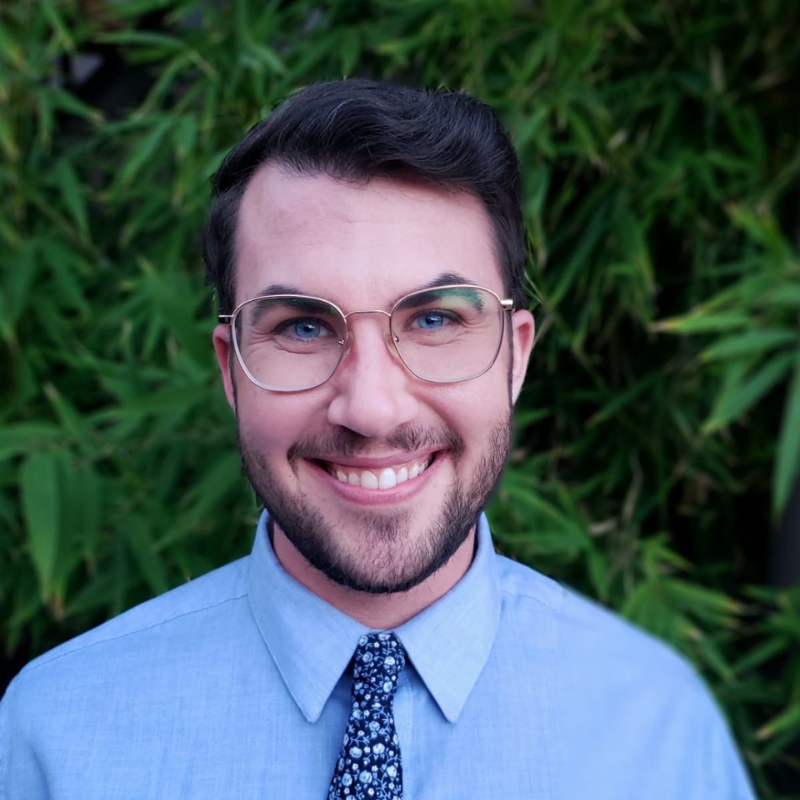Over these last six months it has felt increasingly difficult to be a pursuer of peace without picking a “side” to fight for. Many of us in the two-state, pro-Israel, pro-Palestine, pro-peace movement have been accused of not being “enough,” of not being “real” supporters. Some have told me I can’t say I love and support Israel if I speak out against its inhumane treatment of Palestinians, especially with regard to the siege on Gaza. Some have told me I can’t call myself pro-Palestine unless I call Israel an apartheid settler-colonial state. Some have told me that I can’t be on their “side” if I am also on the other “side.” The binaries of false dichotomies: right or wrong, victim or oppressor, hero or villain, Israeli or Palestinian. I have never known life to be so simple as to fit into such neat categories. I try and talk nuance to anyone who will listen. More often than not, I find myself exhausted and numb, screaming into the void: “There are no sides on the path of peace!”
This week’s Torah portion contains the famous injunction: “If anyone kills any human soul, they shall be put to death.” (Leviticus 24:17)
A lot can be said about this passage, including how the rabbis interpret it as financial retribution. This year I noticed something else: its universalism. Emor begins with particularism: requirements of priests and detailed descriptions of the holidays the Israelites must follow. These ritual laws apply uniquely to us; we have no reason to expect others to follow them. But by the end of the parshah, we’re in a different register.
In case we don’t understand that “any human soul” means everyone, the Torah clarifies with emphasis: “You shall have one law for the stranger and the citizen alike, for I THE ETERNAL am your God.” (Leviticus 24:22)
Find more commentaries on Emor.
It makes sense to have one law for all people. Multiple laws could be confusing, with potential for an exponential number of variations: Does the law change if the non-citizen is the perpetrator or the victim? If the non-citizen has one Israelite parent (as seen a few verses earlier)? If there are different genders or ages of those involved? If the crime occurs on our own land versus another’s? No, the Torah states, there are no changes; there is one law for everyone.
But lest we think this law is only for practicality, the Torah includes a different reasoning: “For I THE ETERNAL am your God.” Medieval commentators Rashi and Ibn Ezra both write that this is to remind us that God is not just the God of the Israelites but the God of all peoples. “Your God” refers not just to us but to the stranger as well.
In Exodus 12:49, we receive this same commandment but without the reminder that THE ETERNAL is our God. At that time, the Israelites are still captives enslaved in Egypt, on the brink of liberation. In Emor, with newfound freedom and power, the Torah reminds the Israelites not just of their own human rights but the human rights of strangers whom they now have the power to oppress. “I THE ETERNAL am your God” reminds us that all people are made in the image of God, that all people are representations of God. It reminds us that our human rights could never supersede another’s.
Find more commentaries on Israel/Palestine.
This Yom HaAtzma’ut, let us not be swayed by the temptation to choose sides. Let us not think there is one law for us and another law for others. Let us resolutely declare that humans should not kill each other because THE ETERNAL is the God of all, and we are all representations of God. Our liberation cannot come at the cost of others’ liberation. As impossible as it may seem, we cannot only consider ourselves; our responsibility is to all of humankind.
The path of peace is not an easy one; it cuts through the binary of right or wrong, victim or oppressor, hero or villain, us or them. The path of peace does not follow the desired direction of any group that may leave others behind. The path of peace does not choose favorites, does not leverage one over another, does not create hierarchies. The path of peace has no sides.
Rabbi Ariel Tovlev (he/they) knows intimately what it means to pave new pathways, as only the second out trans rabbi to be admitted to and the fourth out trans rabbi to be ordained from HUC-JIR. He is passionate about forging new links in the chain of tradition to create affirming ritual and practice for all Jews.

